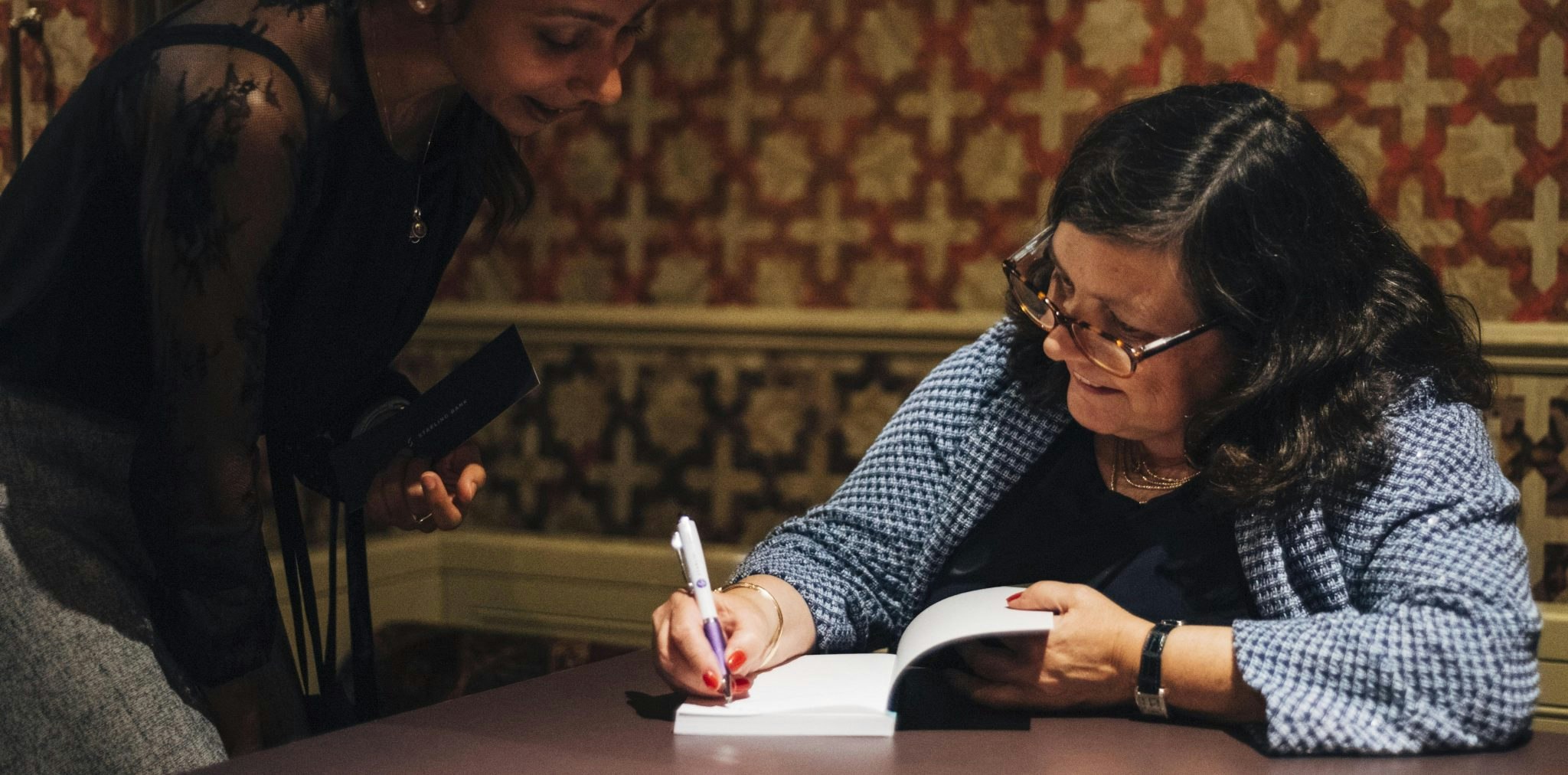It'll be some time before Megan Caywood shakes off her reputation as Starling's golden girl. Over her two years at the digital bank, the Californian-born technician became a close confidant of chief executive Anne Boden and a recognisable face in the UK fintech scene.
She insists she hadn't been looking to leave – she’d swatted off several competitor job offers – and she’d even shelved plans to start her own business to join Starling.
But Barclays presented a new challenge: the ability to drive digital innovation “but at scale”, Caywood tells Sifted from the 30th floor of the bank’s headquarters in Canary Wharf.
“I loved Starling — it was fun, it had a great mission, so it was pretty easy to turn down other offers... But then [Barclays] happened to reach out... I met with the senior team and they really got it, they really got fintech.”
It was a major hire for Barclays, signalling the British bank’s desire to get in step with challengers like Monzo or Starling. And ultimately — size them up.
Watch your back
Caywood is clear that incumbents shouldn’t underestimate younger banks. Indeed, the newcomers are exploiting an age-old business model — lower costs — and they’ve scaled faster than expected.
“It’s what we call battleships vs. speedboats,” she explains. “If you’re the battleship you have a whole set of advantages, but if you wait 'till it’s way too obvious that this company is going to affect your business you’re not going to change on a dime. So you should have already been making tactical steps.”
This encapsulates Caywood’s role, which is to constantly re-assess the speedboats in Barclay’s rear-view mirror. She’s also responsible for ensuring Barclays stays ahead of other older incumbents, who she warns haven’t had a particularly “healthy” approach to fintechs, having largely “dimiss[ed]” them.
“I will be highly surprised if one of the larger challenger banks [like Monzo] fails,” she concludes.
For its part, Barclays has already started to take preemptive action, evidently shaped by Caywood’s background at a challenger bank. She has encouraged her new employer to innovate at all costs, even when it doesn’t directly drive revenue and to learn from the younger players if it’s to keep apace.
“Investing in mobile features [for instance] is not about making money... It’s buying the right to have people’s business,” she explains.
To be clear, Caywood doesn’t think Barclays and challengers are on the same playing field – yet. She points out the younger banks still offer a much narrower service base than the incumbents and “are still relatively early” in their life-span.
Perhaps as a result Caywood gives no indication that Barclays has had any RBS-Monzo style discussions of its own.
In the future, however, there could be a kind of collaborative utopia between challengers that poses a real threat. Indeed, Caywood predicts the challengers will combine their strengths in a bid to cut into incumbents’ main revenue streams.
“The real defining feature will be connectivity between them. It will be like 'I do mortgages really well, you do current accounts really well, let’s do it together’... Some will end up evolving, some will develop a niche in certain areas, “ she says.
For Barclays then, the verdict is clear: the fintech battle is just getting started.
Banks, get ready and begin building up your arsenal.


